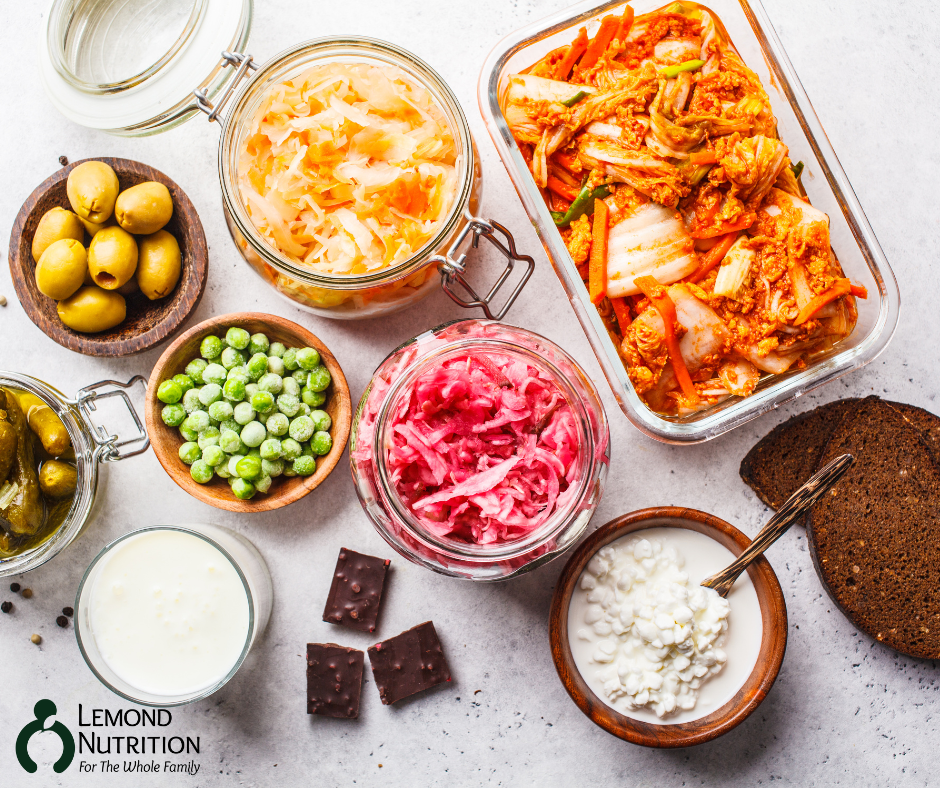The Role of Nutrition in End of Life Care
End of life care. Hospice. Making the decision to bring in comfort measures for a loved one seems easier than accepting this is the life phase they are in. As I write this, my grandma is currently in this phase. She has 4 kids, 7 grand kids, and 10 great grandkids. Even though she has lived a long and full life, I’m still wishing for some extra time. You see, this is my favorite grandma. I know, I know, you’re not supposed to have favorites, but we all do.
She was a sweet, sassy, and funny lady. She worked in healthcare and at a nursing home. Because of this she knew exactly what she wanted and how she wanted the end of her life to go. Grandma had all the paperwork ready, power of attorney, medical decision maker, appointed executer of affairs, belongings designated for each child, everything. When my aunt took her to the lawyer to ensure her wishes were followed, he was amazed at how articulate and clear she was with her medical decisions and what she would allow.
The lawyer commented, “Wow, usually this takes 3-4 visits to complete because people never have these conversations before now.” This highlighted for me how important it is to ensure your loved ones know what you want. Even if you don’t have all the paperwork, at least have the conversation. Let your spouse, sibling(s), children know what you would want when the inevitable happens. This is not to be morbid, but instead to ensure your wishes are followed.
If you’re interested in completing documents to ensure your wishes are followed a lot of workplaces offer services to aid in getting you connected with a lawyer. Once connected, they will aid in completing legal paperwork such as a Will, Power of Attorney, etc. If you are unsure if your workplace has this, reach out to the HR personnel to discuss it further.
Now let’s talk about feeding in the end-of-life phase. As the loved one, all I want is to feed my grandma, but as a dietitian I know that can be harmful. You see, most people have this innate drive to take care of our loved one and a big way we do that is through food. However, when someone is in the end-of-life phase it can physically hurt them to be fed. Their body processes are slowing down and the necessity for nutrition quickly diminishes as they move through the dying process. It is also at a point in life where there are not as many choices the individual can make for themselves. It is extremely important to follow their lead when it comes to eating/drinking. In addition to slower digestion, there are certain risks like aspiration to be assessed as well. Swallowing is a very complex function and requires multiple muscles in the face, mouth, and throat to complete successfully. It may be too great a risk to feed someone actively dying because of choking concerns.
Hospice care can last for up to 6-months. It is very possible someone will maintain their intake of food and drink for quite a while. This could be full meals and snacks, taking oral supplements, or even maintaining their tube feed regimen if that is part of the care plan. The dying phase is typically the last 1-2 weeks of life. This is when you typically see little to no food or drink intake, and this is usually instigated by your loved one on hospice. Signs can include refusing food, stating they are not hungry, or clamping the mouth shut and refusing to be fed.
If you are having any questions, the hospice agency should be able to provide support with a multitude of practitioners on the care team. They may or may not have a dietitian on staff. If you feel there are still questions you would like answered, or if there is something you would like further explanation on, please reach out to Lemond Nutrition to assist you with those. We are honored to help navigate nutrition needs in every stage of life.
Watching my grandmother slowly slip away has been a huge challenge. Watching my family come together to be by her side has been a huge highlight in this season. In the end, my family wants what she does; to be loved while she goes through this last phase of life on hospice with comfort care.
About Brooke Sinclair-Haggard
Brooke is a Registered Dietitian Nutritionist with a calling to serve her clients by developing individualized goals based on mutually desired outcomes. She believes in intuitive eating and body positivity while utilizing evidence-based practices. Brooke works with all medical nutrition needs across the lifespan, specializing in those requiring oral supplements or feeding tubes.
Brooke completed her Bachelor’s Degree at Texas Woman's University and went on to Texas Health Presbyterian Dallas for her dietetic internship. She is a Certified Nutrition Support Clinician (CNSC).
Brooke enjoys staying active with her young family. Together they enjoy cooking, playing outside, walking the dog, and swimming!
No information on this site should be used to diagnose, treat, prevent, or cure any disease or condition.










